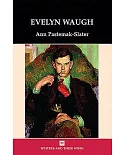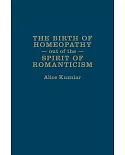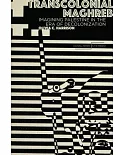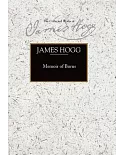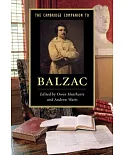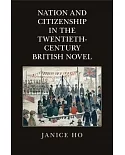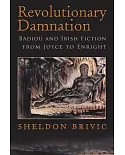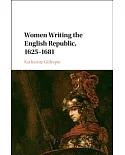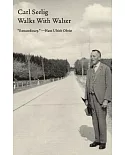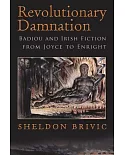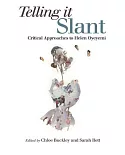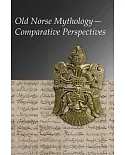Challenging the assumptions which underlie an understanding of the "Romantics" as solitary and anti-sociable, this volume introduces sociability to the field of Romantic literary and
cultural studies. The volume focuses in particular on sociability in British radical culture of the 1790s as it moved away from eighteenth-century ideas of a masculine "public sphere", and on
the gendered nature of sociability. In a range of essays the volume transforms our understanding of Romanticism by exploring the social networks of Romantic figures including Barbauld,
Burney, Coleridge, Godwin, Hazlitt, Priestley, Thelwall and Wollstonecraft.


